Why is North Korea a 'black hole' for US intelligence?
North Korea is one of the most impenetrable intelligence targets, what a top US spy called earlier this year 'one of the hardest'.
US efforts to penetrate North Korea have failed for so long that the US military appears to lack accurate intelligence on Pyongyang's nuclear and missile facilities, even if US President Donald Trump ordered it.
On September 7, Mr. Trump declared that "military action would certainly be an option," which would be "a very sad day for North Korea."
Mysterious Country
Commenting in Politico recently, national security reporter Jacqueline Klimas argued that the so-called “Hermit Kingdom” – a reference to North Korea – is one of the most impenetrable intelligence targets, something a top US spy earlier this year called “one of the hardest, if not the hardest.”
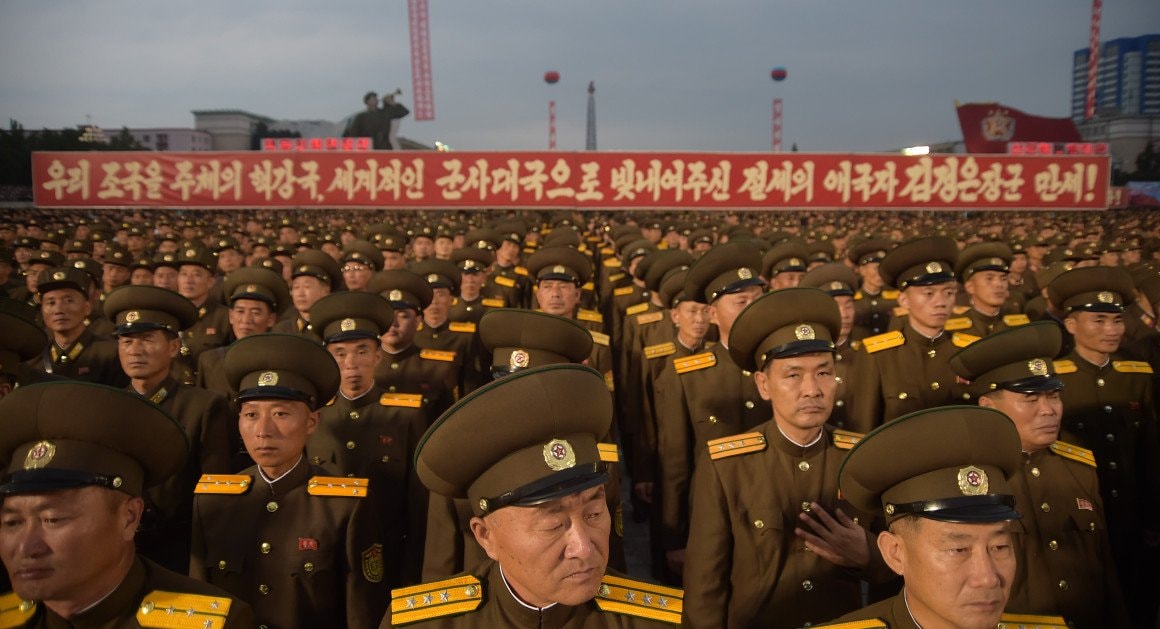 |
North Korean soldiers attend a large-scale ceremony in Pyongyang as scientists participated in the country's latest nuclear test on September 6. Photo: Politico |
“If you were to propose options to the president… One of the first things to say is we can attack what we can see, we can’t attack what we can’t see,” said Douglas Paal, vice president for studies at the Carnegie Endowment for International Peace and a former National Security Council staffer under US President George H.W. Bush. “In general, I wouldn’t be exaggerating to say we’re still groping in the dark.”
The difficulty in gathering and analyzing intelligence on North Korea is one reason why US intelligence agencies have reached different conclusions about North Korea’s capabilities and have been repeatedly surprised, including by Pyongyang’s hydrogen bomb test earlier this week. In 2013, for example, the US Defense Intelligence Agency (DIA) said it had “moderate confidence” that North Korea had developed a nuclear warhead that could be mounted on a ballistic missile.
Shortly afterward, then-Director of National Intelligence James Clapper said that assessment was not the consensus of the entire US intelligence community. But this summer, a military intelligence analysis of North Korea’s nuclear and missile programs was revised to conclude that Pyongyang could fit an atomic bomb on an intercontinental ballistic missile capable of hitting the US mainland by the end of 2018 – two years earlier than previously estimated. A few weeks later, other US intelligence agencies concluded that North Korea had begun building nuclear warheads.
The US collects intelligence on countries and terrorist groups primarily through spies, electronic eavesdropping, cyber espionage, and spy satellites. And this is particularly difficult in North Korea for several reasons.
According to Bruce Klingner, who spent 20 years at the CIA and DIA before joining the Heritage Foundation, the first was the lack of diplomatic or trade ties. "It was obviously difficult for us to penetrate North Korea, and even South Korea had difficulty running spies because of the differences in dialect and pronunciation. Any stranger was noticed," Klingner said.
That means any intelligence from North Korean defectors is not foolproof. There are some, but not many, and they are usually not individuals with direct knowledge of the most sensitive inner workings of the Pyongyang regime.
Mr. Paal said defectors also often exaggerate the information they share to get better treatment and are often unreliable. For his part, Andrew Peek, a former military intelligence officer and fellow at the Clements Center for National Security Studies, a nonpartisan research center at the University of Texas, said: “I think we have less detailed information on North Korea than we do on Syria or Iran.”
In addition, information gathering through electronic means is also limited because technology, Internet access and mobile phone use in North Korea are limited. And computer network users in North Korea, including government officials, are encrypted and highly secure. Dan Coats, the US Director of National Intelligence, said at the Senate conference: "Their (North Korea's) broadband is very limited. So we get very limited results when using it as an approach to gathering information."
Many experts say satellite imagery is the most successful intelligence-gathering tactic in North Korea. But it has its limitations. While satellites can help monitor military activities or analyze activities or test preparations at nuclear or missile sites, they still provide incomplete imagery, Klingner said. Surveillance satellites are also difficult to collect because many of North Korea’s military facilities and storage facilities are underground, both for security reasons and because the mountainous region has limited space.
Blind spots of US intelligence
The difficulty of tracking North Korea's secretive military activities was highlighted when a recent underground test that North Korea claimed was of a hydrogen bomb caught many observers by surprise.
“The hardest part is to say what they did when they tested,” said Jon Wolfsthal, who served as senior director for arms control and non-proliferation at the United Nations Security Council. “Are they cheating? Because we don’t have a strong link to their nuclear testing program, and they’ve done a good job of keeping their testing sites private.”
Other experts agree that the fact that so many of North Korea’s nuclear and missile assets and nuclear devices are underground, in caves or tunnels, leaves military planners with few options. “I think the X factor for me is how they’ve developed these underground complexes,” said former military intelligence officer Andrew Peek.
All of this presents a “relative blind spot” for US and allied intelligence agencies. “If you look at a satellite image taken at night, there is a dark area with no light, and that is North Korea,” Coats concluded.
According to the news
| RELATED NEWS |
|---|

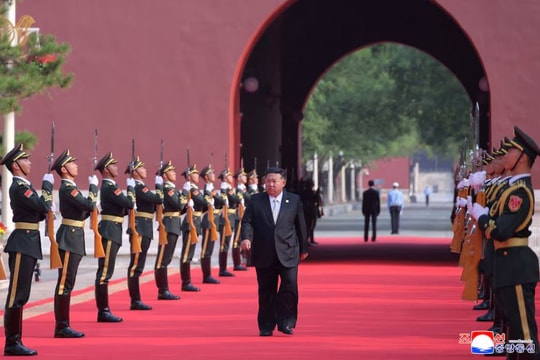
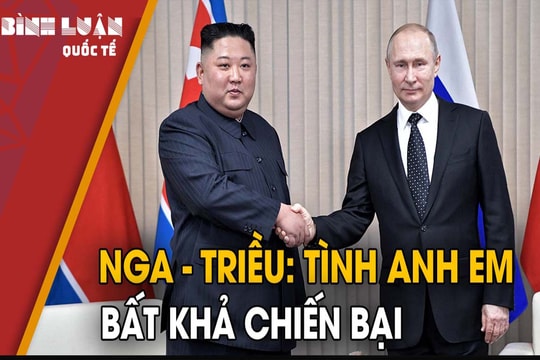

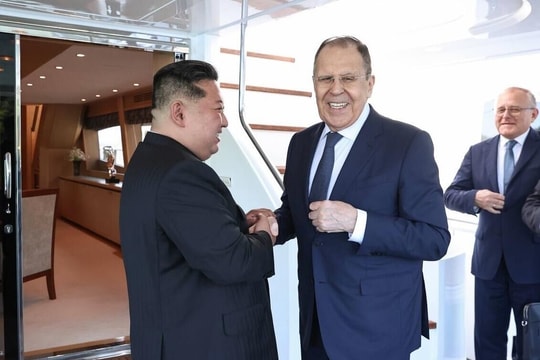
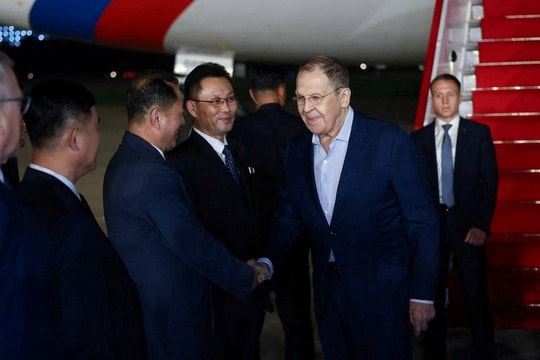
.jpg)

